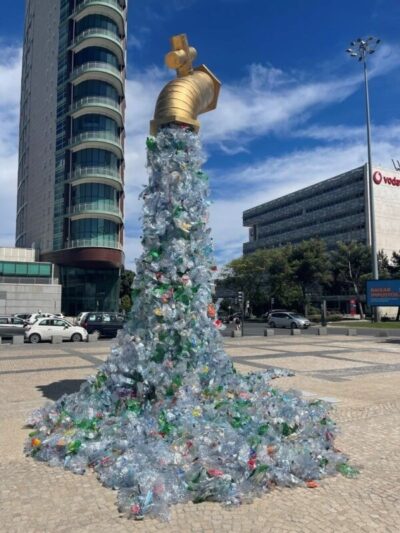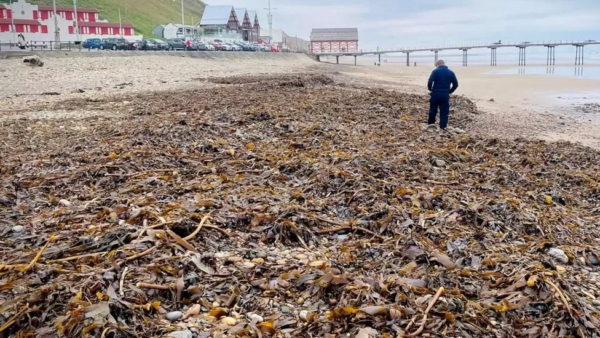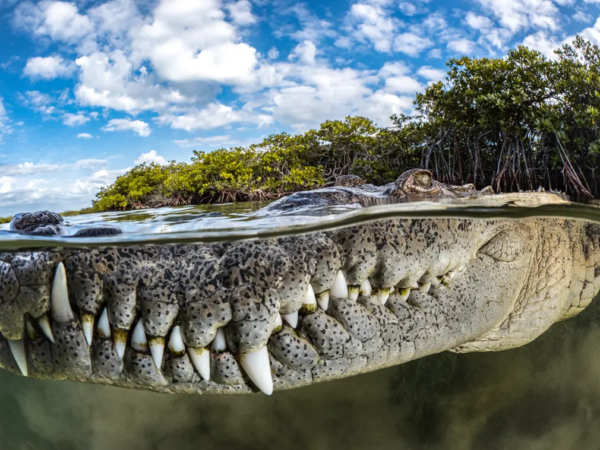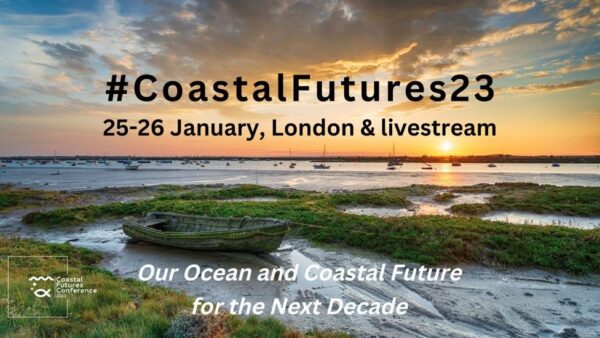It has been quite a year for the ocean. 2022 has seen some big news for the marine and coastal sectors, with environmental, community, industry and global issues coming to the fore.
It was the year of the COPs: right across the world several Conference of the Parties took place, with varying levels of perceived success and failure. COP 27 (climate), COP 15 (biodiversity), COP 14 (wetlands), COP 19 (CITES) all had their moments, and all will see further iterations in the future.
As well as the international negotiations at the COPs, there were a series of other global initiatives taking place in 2022 which could lead to significant and long-lasting impacts on the global ocean. The UN Ocean Conference took place in Lisbon in June and set a tone as one of the first large post-covid ocean gatherings. The first session of the Intergovernmental Negotiating Committee (Global Plastics Treaty) took place in Uruguay in November, following the agreement on a ‘Plastic Pact’ in March.
The High Seas treaty moved forward slowly and will reconvene in March 2023. And of potentially greatest significance for the ocean, and yet the most impenetrable and least media grabbing, was the agreement at the World Trade Organisation to curb fishing subsidies.
The story of the shellfish deaths in the North East of England has been a constant throughout the year, with scientific reports and Parliamentary inquiries running alongside protests and media attention. The saga is set to continue, with the Government’s Chief Scientist due to lead and report on the latest assessment in January of 2023.
(photo: Joe Redfern)
The other constant throughout the year has been the calls for improvement to bathing waters and coastal overflow sites. There were reports of French MEPs accusing the UK of neglecting environmental commitments and risking marine life and fishing by allowing raw sewage to be dumped in the Channel and North Sea. NGOs continued their campaigns calling for water companies to clean up their act and the Marine Conservation Society decided to sue the Defra Secretary of State.
Offshore wind energy in the Celtic Sea around England and Wales, and the ScotWind process, took leaps forward. Parts of the UK which have seen limited offshore wind development over the past two decades are set to be the focus for future initiatives over the next few years.
There were new large Marine Protected Areas announced in Ireland and statements and consultation processes in Scotland and Wales. In England, new measures to prohibit damaging fishing activity were brought in for MPAs such as the Dogger Bank and more boulders were dropped in new parts of the sea.
2022 brought more calls for restoration initiatives across the UK, with innovative schemes taking place in Plymouth Sound, the Solent, and Scotland. Seagrass, saltmarsh, seabird habitats and native oysters were the focus of these efforts.
Optimistic and amazing stories of 2022
There were some inspiring and incredible stories this year, and here are just three of our favourites:
Scientists have unravelled a mystery surrounding one of nature’s most incredible journeys. The journey of European eels to their breeding place in the Sargasso Sea is up to 10,000km and has long been considered one of the most impressive feats of animal migration observed in nature. In 2022 the Environment Agency produced the first ever direct evidence of European eels navigating the last 2,500km leg of their journey. Up until this point, no eggs or eels had been found to confirm this spawning ground.
The mysterious Greenland shark – thought to have the longest lifespan of any vertebrate – has been granted new, historic protections. The US and Canada, with support from the UK and the EU, proposed and secured a science-based ban on retaining the species from international waters. Greenland sharks are known to be the longest-living vertebrate in the world, reaching ages of between 270 and 500 years. Scientists have estimated that Greenland sharks don’t reproduce until about age 150, leaving populations exceptionally susceptible to overfishing.
Scientists have found and filmed one of the greatest ever undiscovered shipwrecks 107 years after it sank. The Endurance, the lost vessel of Antarctic explorer Sir Ernest Shackleton, was found at the bottom of the Weddell Sea. The ship was crushed by sea-ice and sank in 1915, forcing Shackleton and his men to make an astonishing escape on foot and in small boats.
Best of ‘And Finally’
We try to give you interesting and inspiring stories and here are some of our favourites from the year:
We’ve given you amazing media, from the year’s best mangrove photos to Christmas Island crabs on migration, and from land loss on England’s east coast to the most spectacular recovery of coral reefs ever witnessed. And, of course, the mesmerising ocean depth animation.
(photo: Tanya Houppermans)
In 2022 we discovered that surfers aren’t afraid of shark attacks, the mysterious inner life of the octopus, that there are some great science journals for kids, the world’s largest plant is a seagrass that clones itself, and if you’ve ever wondered what coral reefs sound like, well now you can find out.
What will 2023 bring?
It will start off with the 30th edition of the annual Coastal Futures conference in January, which will provide a current ‘state-of-play’ for ocean and coastal management as well as a forward look. There is set to be a raft of policy and legislative decisions to be made in the UK around energy, environmental regulations and targets, as well as progress on those international conventions and agreements. We’ll be here to report on them and provide the relevant up-to-date information every week.
A big thank you to all those who have read and contributed to the newsletter in 2022. We hope you’ve enjoyed it and please let us know what you like and don’t like and send us anything you think we could highlight each week. We’d love your feedback, and it is always welcome: cms@coastms.co.uk
Happy holidays and have a great New Year.
The CMS Marine & Coastal News team





